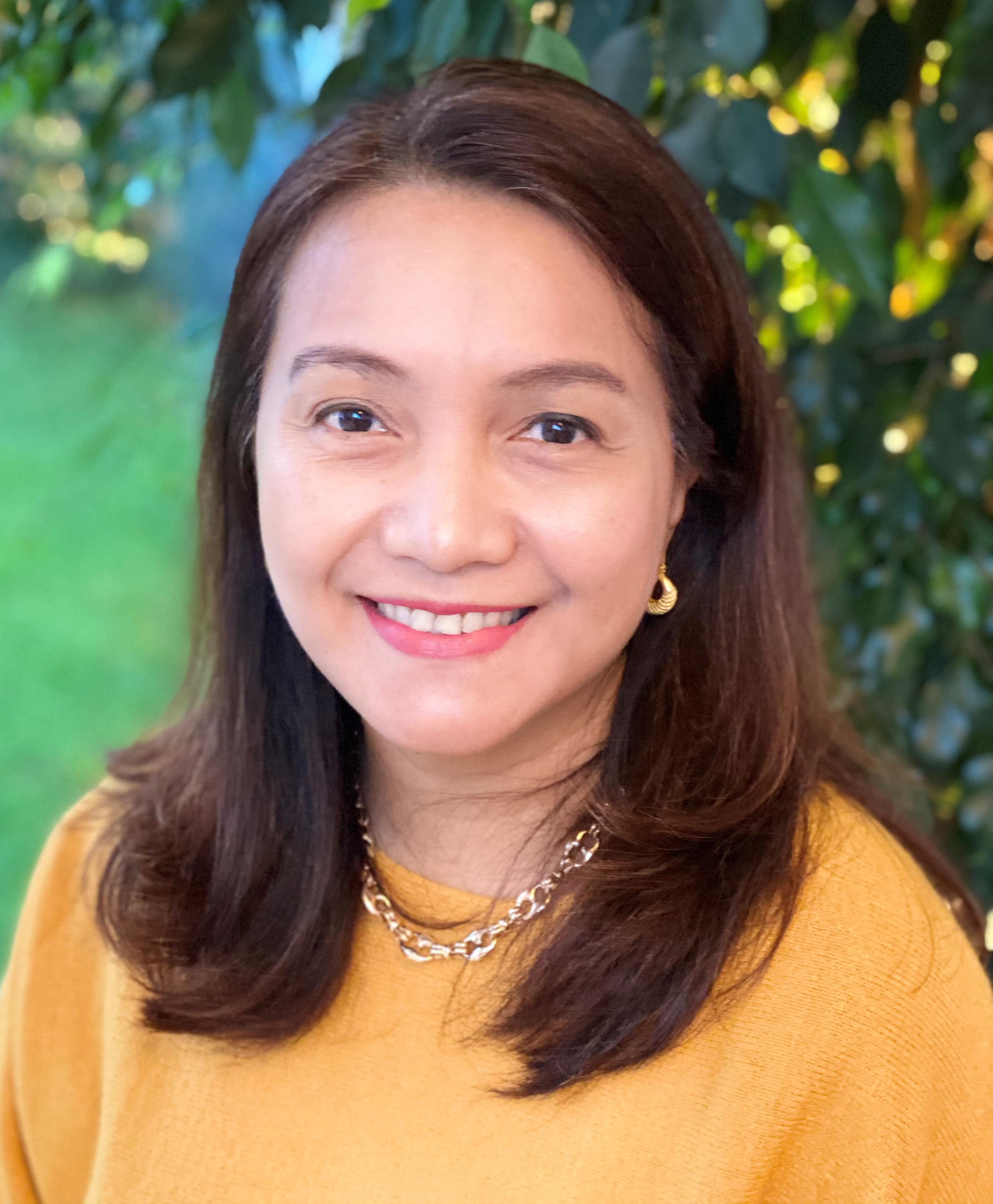- Tags (11)
Nigeria Public health workers on the frontline in conflict zones: A Nurse’s Story

Nurse Afiniki Bako was kidnapped on 21 April 2021 by the Boko Haram along with another nurse while they were on a night shift in a public hospital in Kaduna State, in the northern part of Nigeria. Here's her story.
- Read this in:
- en

Genevieve Gencianos

Moradeke Abiodun-Badru
Nigeria’s northern region has been struggling with conflicts and internal displacement due to the Boko Haram attacks and counter-insurgency operations. Nigeria is the country that hosts the largest population of internally displaced people (IDPs) in West Africa. Since 2009, violent attacks by the Islamic extremist group, Boko Haram and, more recently, the breakaway group, the Islamic State West Africa Province (ISWAP), have killed around 35,000 people and displaced more than 1.8 million.
Video
Nurse Afiniki Bako was kidnapped on 21 April 2021 by the Boko Haram along with another nurse while they were on a night shift in a public hospital in Kaduna State, in the northern part of Nigeria. Here's her story
Public health workers on the frontline in conflict zones: A Nurse’s Story
The story of nurse Afiniki shows the courage and dedication of a young female nurse serving the community, her experience as a captive while at the same time tending to the care needs of the Boko Haram people, and how her union, the National Association of Nigerian Nurses and Midwives (NANNM), affiliated to PSI, mobilised and intervened for her release and that of her fellow nurse. After their release, the union ensured that the nurses received psychosocial support for their recovery.
PSI, in partnership with the solidarity support organisation Union to Union and Swedish affiliate ASSR, successfully implemented a project in 2020-2022 to build the capacity of PSI health and social care sector unions to defend the human rights of IDPs to quality public services in Nigeria. The project has now advanced into its second phase (2023-2027), with the aim to strengthen the role and capacity of public service unions in addressing internal displacement from the perspective of human and labour rights, climate justice and access to quality public services.
See the article “Nurses being targeted for kidnapping in Nigeria”, published by PSI two years ago.
Video of Nurse Afiniki Bako telling her story
-
Right now governments across the world are negotiating a new Pandemic Treaty at the World Health Organization, which will shape the Covid-19 recovery and determine how we deal with future crises. Yet this Treaty can only be effective if it responds to the voices of health workers, whose experiences and perspectives through this pandemic must be at the heart of this process.
